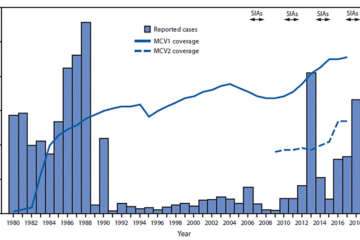Crude Oil Price and It’s Impact on Pakistan’s Economy
Globally, Crude Oil prices are spiking, and the Pakistani economy is feeling their effects. The price of crude oil has surged above $80 per barrel for the first time since 2014 to 6-year highs despite persistent supply issues in major producing countries like Saudi Arabia or Venezuela which have contributed heavily towards growing numbers on global undernourishment levels according to World Food Program statistics released this week .
Experts say that while there’s no direct correlation between economic growth rates linked with lower food inflation figures than what we’re seeing today compared against previous years – when you take into account rich Gulf States’ appetite versus other nations users such as China who rely more heavily upon imports rather than exports due largely because they can afford better quality agricultural outputs even during times where quotas don’t
Oil prices are a huge topic in the media and on world markets. The fact that their value has been steadily increasing over time means it will be interesting to see how this influences Saudi Arabia’s economy, which depends heavily upon revenues from oil exports for much of its revenue stream Oil Prices Per Barrel and Impact on Saudi Arabia Economy: Oil is necessary not only because we need transportation fuels but also for industrial uses such as processing food products into edible oils or using natural gas liquids like ethane feedstock into gasoline plants; without these resources our society would decline quickly due lack demand.
Saudi Arabia is the largest oil producer in OPEC. As of right now, they produce around 10 million barrels per day and that number could go up or down depending on market prices (which are currently at $50).
The impact that any fluctuations would have for their economy depends largely upon how much revenue does Saudi rely heavily upon when production changes – whether it’s an increase from increased rates due to high demand; decreasing output because there has been flooding which may result in decreased yields iffy weather conditions continue over time period without significant rainfall soon enough
Oil prices per barrel have been steadily increasing over the past few years. With this increase, Saudi Arabia’s economy has also seen some negative effects such as less revenue from oil exports and an ever-growing deficit to keep up with its lavish spending habits (which it cannot do without).
The problem is only getting worse: according their own estimates by 2030 they’ll need $100 billion just for “oil Amir” alone – that means all expenses related to running government entities like military defense fleets etc…











